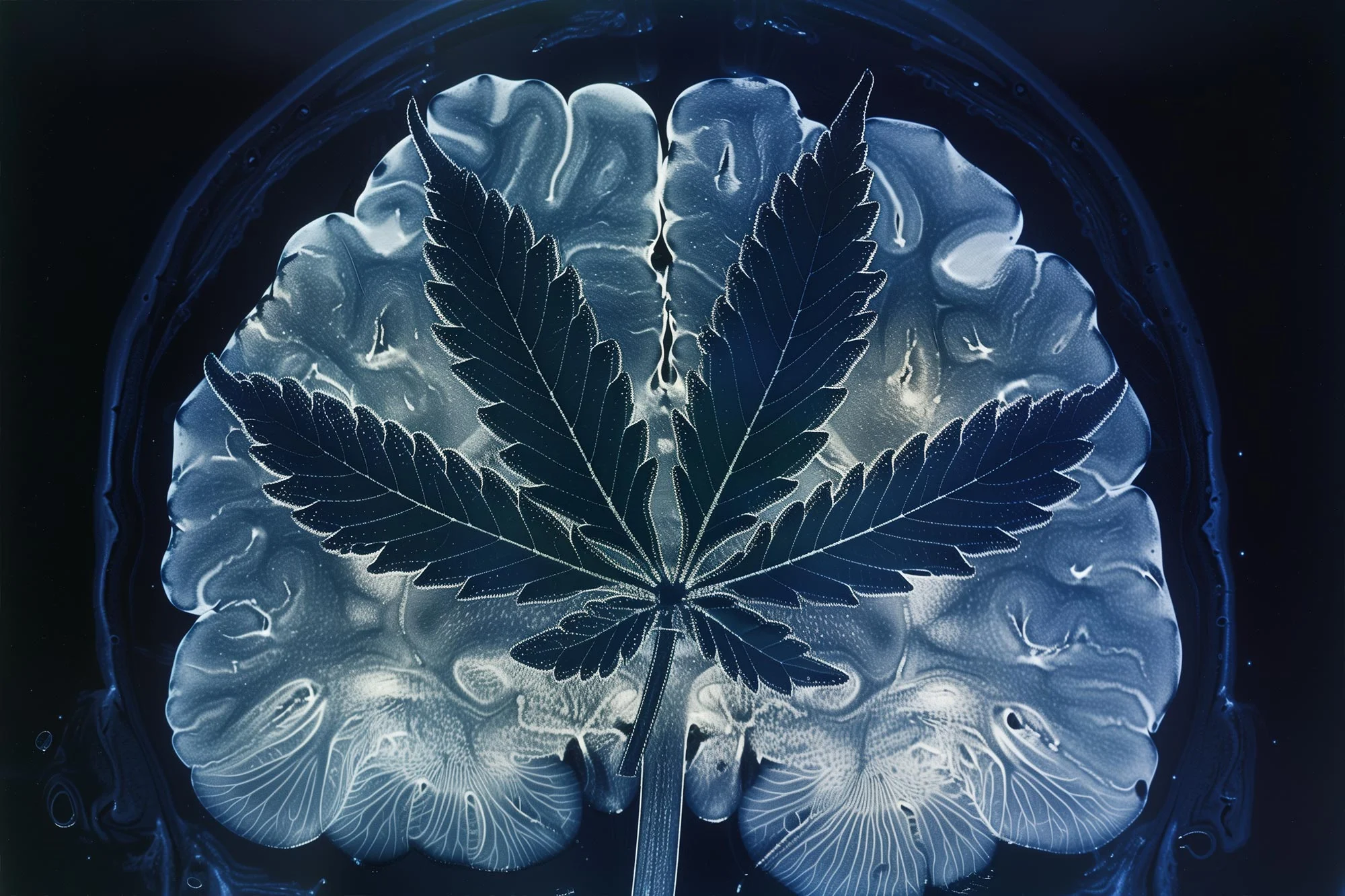Uncovering the Secrets to Better Sleep
Sleep and emotional wellbeing are closely intertwined, and many factors influence the quality of our sleep. Stressful situations, such as preparing for a big presentation or exam, can leave us feeling distracted and unable to relax before bed. Life events like bereavement or trauma can also affect sleep, leading to nightmares, restless sleep, or persistent fatigue even after a full night’s rest. In addition to emotional factors, general health, lifestyle choices, and environmental influences also play a role. Anxiety, physical pain, or poor sleep habits—such as inconsistent routines, consuming caffeine or food late in the evening—can all interfere with our sleep. Environmental factors like blue light exposure or noise at night can also disrupt sleep patterns. This lack of quality sleep impacts our wellbeing, often leading to mood swings, increased stress, and diminished motivation or performance. It’s clear that improving sleep is essential to improving overall quality of life.

Embracing Holistic Solutions
A healthy emotional state is crucial for achieving restful sleep. It’s not just about counting sheep or sticking to a bedtime routine—our emotions deeply influence our sleep quality.
Mindfulness is one holistic approach that has gained popularity for improving both emotional wellbeing and sleep. Practising mindfulness, which involves becoming aware of your thoughts and feelings without judgement, can help calm the mind before bed. Techniques like meditation or deep breathing exercises are excellent tools for unwinding.
Relaxation techniques such as guided imagery, progressive muscle relaxation, and listening to calming audiobooks can also be effective. These practices create a buffer between the stresses of the day and the tranquillity of sleep.
By incorporating mindfulness into your daily routine, you cultivate a mindset of calmness and inner peace that will naturally carry over into the night, promoting better sleep.
Exploring Mind-Body Practices
Beyond the connection between our emotions and sleep, it’s important to consider the link between mind and body. Practices such as yoga and tai chi unite emotional balance with physical relaxation, offering a holistic approach to better sleep.
Yoga combines physical movement, mindfulness, and breathwork. It helps individuals listen to their bodies, alleviating stress and tension, which in turn improves the quality of sleep. Many people find that regular yoga practice helps them fall asleep more easily and stay asleep throughout the night.
Tai chi is another mind-body practice that promotes both physical and emotional relaxation. This gentle form of exercise involves slow, deliberate movements paired with deep breathing, helping to reduce tension and calm the mind, leading to improved sleep.
The Role of Natural Sleeping Aids
For centuries, herbal remedies and natural supplements have been used around the world to promote better sleep. Plants contain chemical compounds like terpenes, flavonoids, and cannabinoids that offer potential health benefits.
Chamomile is one of the most well-known natural sleep aids, thanks to its flavonoids, which bind to receptors in the brain to produce a sedative effect. Lavender is also widely used in aromatherapy, with essential oils and sprays promoting relaxation and sleep. A study conducted by the University of Southampton found that lavender could improve sleep quality, although the sample size was small.
In recent years, CBD (cannabidiol) has emerged as a popular sleep aid. Available in a variety of forms—capsules, tinctures, teas, and topical products—CBD is a compound found in cannabis that helps reduce anxiety and promote calmness, making it easier to unwind at the end of the day.
For some individuals, prescribed medicinal cannabis products containing both CBD and THC may be an option. Although medical cannabis is not commonly prescribed in the UK for sleep disorders until conventional treatments have been tried, some patients with insomnia and other sleep-related issues have reported improvements in sleep quality after using medical cannabis.
